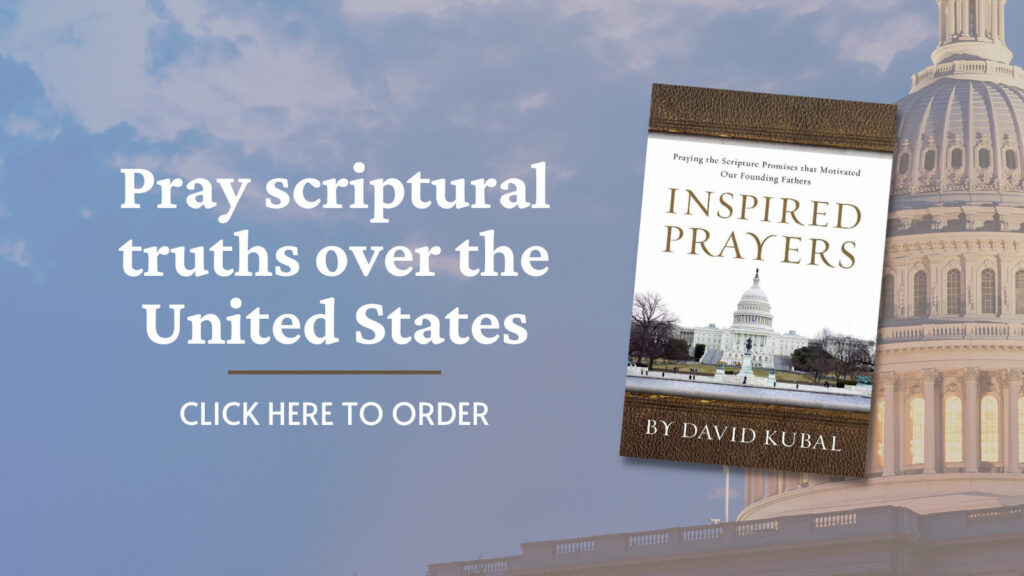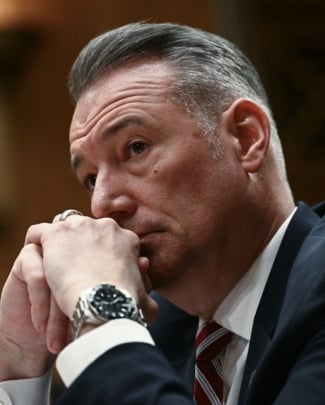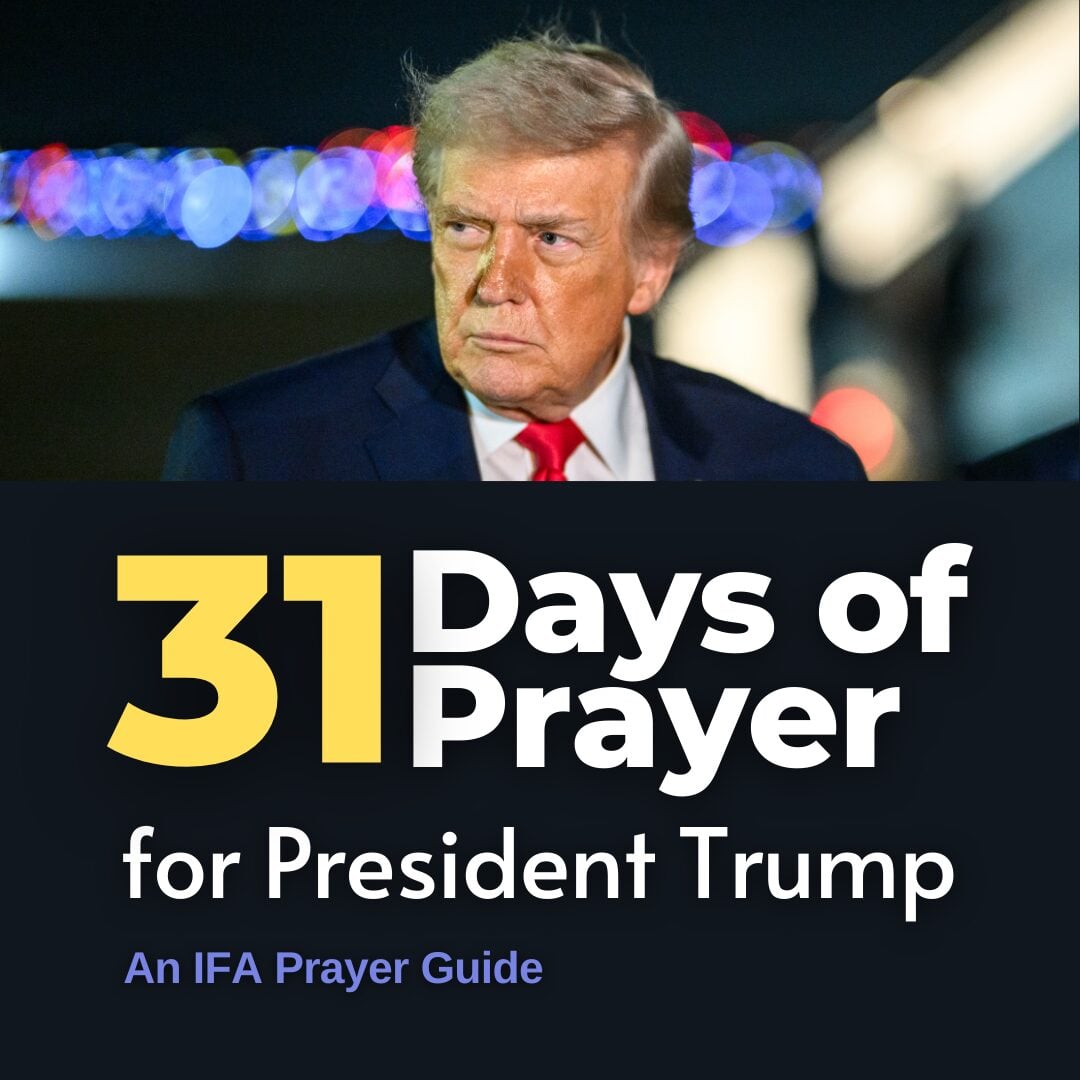Upcoming Supreme Court Cases Could Dramatically Rein in Regulatory Agencies
Woman Sues Doctors Over Transition
LGBTQ and the Fall of the Boy Scouts
Radical Lawmakers Want to Scrub Terms ‘Husband’ and ‘Wife’
We Are in a War of Words: How We Win
Upcoming Supreme Court Cases Could Dramatically Rein in Regulatory Agencies
With another productive term behind it, the Supreme Court is now looking to tackle the suppression of our rights by regulatory agencies.
From The Daily Signal. This fall, the Supreme Court will hear several cases affording promising opportunities to rein in the federal administrative state. The court has agreed to decide cases that challenge the practice of federal courts showing judicial deference to agency interpretations of the laws they are charged with enforcing as well as the constitutionality of an agency funding scheme that’s free from the congressional appropriations process and regular congressional oversight.
Do you want state prayer alerts?
The court also has agreed to hear a case that may restore one of the greatest innovations of free people—the jury trial—to a whole class of civil cases currently prosecuted by administrative agencies and presided over solely by judges employed by those agencies. The potential of SEC v. Jarkesy to instate the right to a jury trial in administrative civil cases could make it one of the most consequential cases of the upcoming term.
The case was brought by George Jarkesy, a hedge fund manager who the U.S. Securities and Exchange Commission accused of overestimating the value of some of his assets and making false claims. The SEC chose to pursue Jarkesy through its internal, juryless adjudication process in which a SEC-appointed administrative law judge assessed the sufficiency of the evidence against him.
The Seventh Amendment to the Constitution explicitly requires, “In Suits at common law … the right of trial by jury shall be preserved.” Fraud is a long-recognized common law crime. Yet, under current practice, the SEC can enforce securities laws and seek a civil penalty for fraud in juryless proceedings. In proceedings like Jarkesy’s, the government is seemingly exercising authority in a suit of common law, but by conducting the prosecution outside traditional courtrooms, it believes it can deprive the accused of the protections of a jury trial.
That fact (and others) did not sit well with the 5th U.S. Circuit Court of Appeals, which ruled in Jarkesy’s favor on three grounds: First, the SEC violated Jarkesy’s Seventh Amendment right to a jury trial; second, Congress has impermissibly delegated law-making authority to the SEC; and third, the SEC board members are unconstitutionally protected from removal by the president.
Each holding encompasses weighty issues, and a Supreme Court decision on any of them would have serious repercussions for agencies and regulated parties alike. But the jury trial question carries a unique historical significance and a unique opportunity to better reconcile administrative enforcement actions with the republican principles of the nation’s founding.
Therefore, the Supreme Court should affirm the 5th Circuit’s ruling that “The Seventh Amendment guarantees Petitioners a jury trial because the SEC’s enforcement action is akin to traditional actions at law to which the jury-trial right attaches.”
When Alexis de Tocqueville traveled to America to study the penal system, it was institutions like the American jury that captured his attention instead. He observed that the jury system offered the people of the United States a “free education” where ordinary citizens could come together and be taught a complimentary course in civics. Tocqueville reasoned, “Juries, especially civil juries … instill some of the habits of the judicial mind into every citizen, and just those habits are the very best way of preparing people to be free.”
The Founders shared Tocqueville’s view of the jury trial system as an institution of civic education and an essential bulwark against the domestic growth of government tyranny. Before the adoption of the Bill of Rights, opponents of the newly proposed constitution, known as the Anti-Federalists, feared that the document protected the right to a jury only in criminal cases.
Anti-Federalist Mercy Otis Warren wrote that the “trial by jury in civil causes … the learned Judge Blackstone observes, ‘has been coeval with the first rudiments of civil government, that property, liberty and life, depend on maintaining in its legal force the constitutional trial by jury.’”
Fortunately, the citizens of the several states heeded the Anti-Federalist’s warning and ratified the Seventh Amendment along with several other amendments that protect our right to a jury trial in a vast array of cases.
The administrative state, established on bureaucrats’ pretensions of dispassionate expertise, has little use for traditional republican institutions like the jury. Why complicate the task of an SEC-trained administrative law judge with the views of people who might be taken in by a stock fraudster’s scheme and his subsequent legal defense?
But more prescient thinkers saw past the allure of purchasing efficiency and expertise at the expense of self-governance. Again, Tocqueville: “The institution of the jury … places the real direction of society in the hands of the governed … and not in that of the government.”
The jury system not only enrolls citizens as mutual guardians of liberty, it enables them to better perform that role. Instating the civil jury trial in administrative agencies would go a long way toward ensuring a fairer system for defendants and toward helping citizens better understand the law. It might even make the administrative state less removed and infuse a measure of common sense into the abstracted realm of expertise.
The democratizing influence of the jury is exactly what the insulated administrative state needs. “Judges, unencumbered by juries, have been ever found much better friends to government than to the people,” observed one Anti-Federalist tract. These days, concern runs high over federal courts deferring to agency interpretations of law; how much more deferential is the judge when agency lawyers are arguing their cases before their own coworkers?
Juries are a democratic counterbalance to the influence otherwise held exclusively by a judge or powerful administrator. They still allow experts to inform the proceedings but install a popular check against those who would see expert pretensions converted directly into legal authority.
Affirming that administrative enforcement actions require that the defendant be afforded the right to demand a jury trial would start an era of greater openness and accountability in one of the most insular arms of the administrative state.
Rather than causing a boom in cases that overburdens courts and jury pools, administrators may think twice about whether to flex their muscles, knowing they, like any other prosecutor or plaintiff, may have to face the scrutiny of their fellow citizens in the process.
Share this article to encourage people to pray over this case.
(Used with permission. From The Daily Signal. Photo Credit: Adam Szuscik on Unsplash)
Partner with Us
Intercessors for America is the trusted resource for millions of people across the United States committed to praying for our nation. If you have benefited from IFA's resources and community, please consider joining us as a monthly support partner. As a 501(c)3 organization, it's through your support that all this possible.


We use cookies to ensure that we give you the best experience on our website. If you continue to use this site we will assume that you are happy with it. Privacy Policy





Comments
No comments have been posted yet; you can be the first!